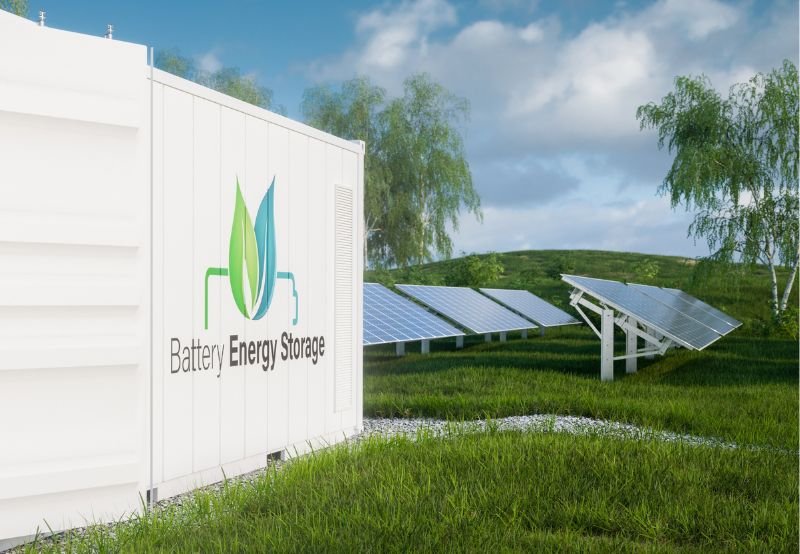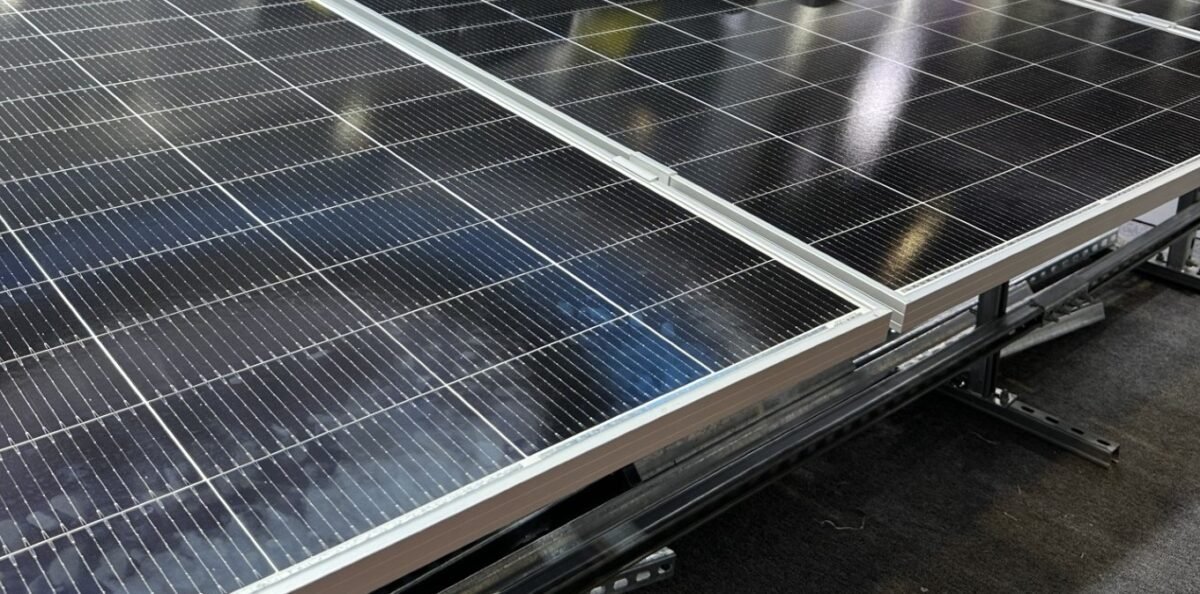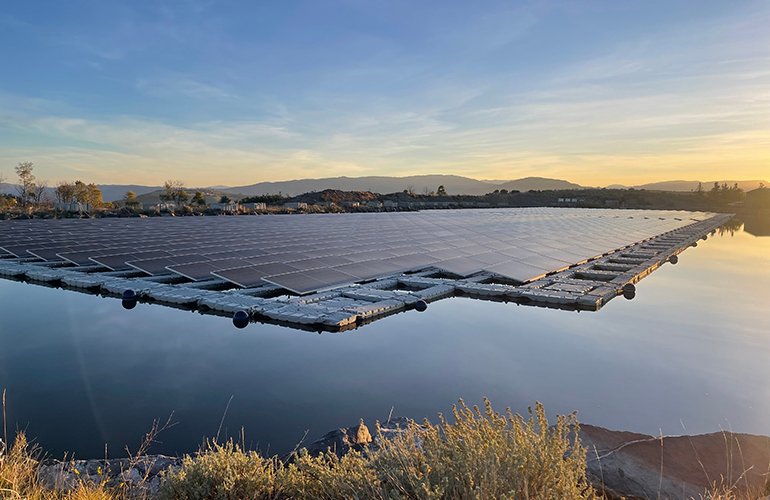JSW Energy Surges with 59% Revenue Growth, Plans 5 GWh Battery Plant
JSW Energy has announced a remarkable 59% year-on-year revenue growth, setting the stage for its ambitious 5 GWh battery manufacturing plant in Pune. If you’re wondering how a traditional energy player is making waves in renewables, here’s the lowdown.
Why This Battery Plant Is a Game-Changer
Let’s cut to the chase—5 GWh isn’t just another number. That’s enough storage to power half a million Indian homes for a day. The Pune facility, scheduled for FY26 Q3 launch, could finally bridge India’s energy storage gap. Remember when lithium-ion imports were bleeding foreign exchange? This plant might change that equation.
The Financial Fuel Behind the Move
With revenue touching ₹5,200 crore last quarter, JSW isn’t just talking big—they’re investing ₹4,000 crore in this venture. Skeptics said solar-plus-storage wouldn’t pencil out… yet here we are. Their current portfolio includes 6.7 GW of renewables, and this battery push could make them India’s answer to Tesla Energy.
Batteries Meet Solar: The New Power Couple
Ever seen a solar farm dump excess generation because the grid can’t absorb it? That’s where JSW’s batteries come in. Pairing their existing 1.5 GW solar capacity with 5 GWh storage creates a dispatchable clean energy source—something even coal plants can’t match for flexibility.
What This Means for EPC Players
Contractors, listen up. This project will need everything from specialized HVAC systems for battery safety to grid synchronization tech. We’re likely to see partnerships with German BMS providers like SMA, given JSW’s history with European tech collaborations.
The Ripple Effects
Maharashtra’s energy department is already drafting policies for behind-the-meter storage. Once this plant goes live, expect a domino effect—more rooftop solar adoptions, smoother net metering operations, and possibly even dare we say it—fewer diesel generator sales.
Here’s the kicker: while batteries still cost ₹6.5/kWh today, JSW’s scale could drive prices below ₹5 by 2027. That’s grid parity territory for commercial users.
Challenges? Of Course
The plant’s location in Pune isn’t accidental—it’s close to both ports and auto hubs (hello, battery recycling synergies). But supply chain hurdles remain. The global lithium shortage hasn’t disappeared, and JSW might need to lock in African mineral deals fast.
Still, if anyone can pull this off, it






